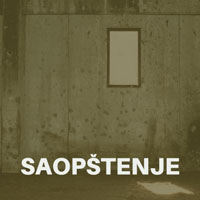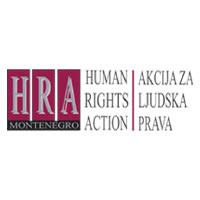Human rights organizations from Serbia call on the Government and the President of Serbia to support the UN Resolution on the International Day of Reflection and Remembrance of the Srebrenica Genocide

 Human rights organizations from Serbia strongly support the adoption of a United Nations resolution designating July 11th as the “International Day of Reflection and Remembrance of the Srebrenica Genocide.”
Human rights organizations from Serbia strongly support the adoption of a United Nations resolution designating July 11th as the “International Day of Reflection and Remembrance of the Srebrenica Genocide.”
The facts about the Srebrenica genocide and its legal characterization have been determined beyond reasonable doubt by the judgments of the International Criminal Tribunal for the former Yugoslavia and the International Residual Mechanism for Criminal Tribunals.
The first judgment for genocide in Srebrenica was delivered to the Commander of the Drina Corps of the Army of Republika Srpska, Radislav Krstić, in April 2004. The then-president of Republika Srpska, Radovan Karadžić, and the wartime commander of the Army of Republika Srpska, Ratko Mladić, who were sentenced to life imprisonment, have also been convicted of genocide, along with Vujadin Popović, Ljubiša Beara, Drago Nikolić and Zdravko Tolimir.








 The Humanitarian Law Center (HLC) has filed criminal complaints with the Public Prosecutor’s Office for War Crimes of the Republic of Serbia, against Slobodan Pajić and Vlastimir Bećarević, former officers of the First Birač Infantry Brigade of the Army of Republika Srpska (VRS), on reasonable suspicion that they ordered and/or committed war crimes in the municipalities of Vlasenica and Kalesija during May and June 1992.
The Humanitarian Law Center (HLC) has filed criminal complaints with the Public Prosecutor’s Office for War Crimes of the Republic of Serbia, against Slobodan Pajić and Vlastimir Bećarević, former officers of the First Birač Infantry Brigade of the Army of Republika Srpska (VRS), on reasonable suspicion that they ordered and/or committed war crimes in the municipalities of Vlasenica and Kalesija during May and June 1992.





